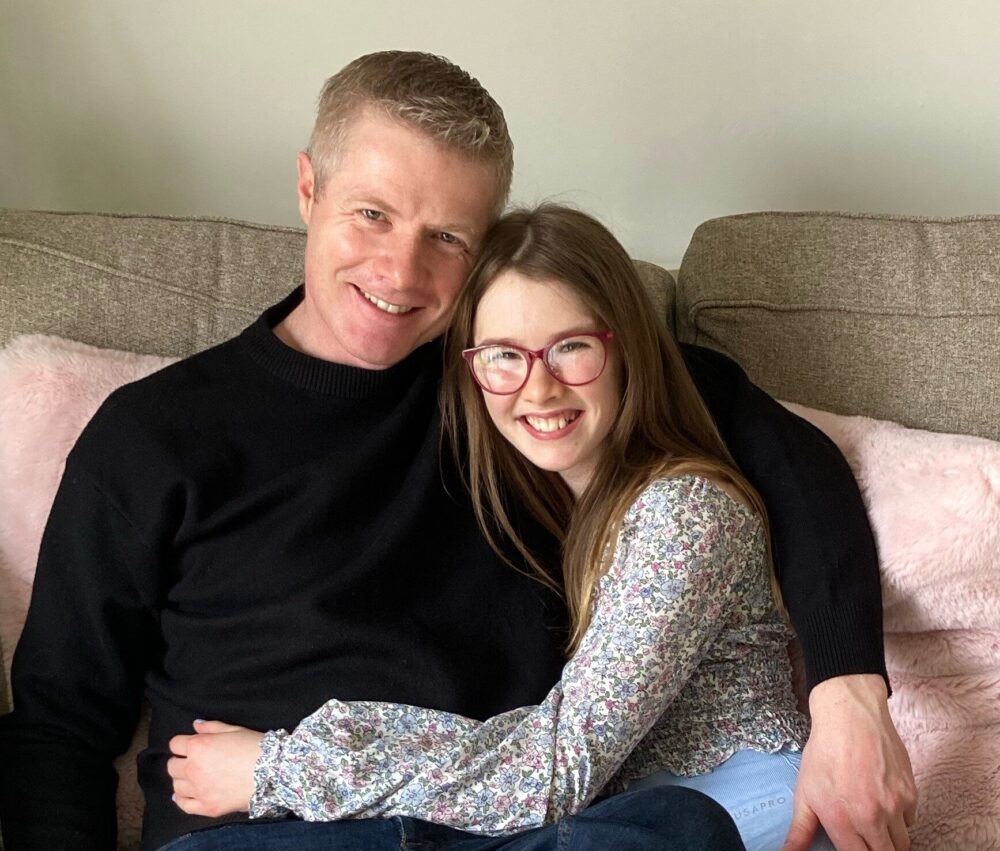
Latest
EasyJet to invest in new planes and optimise descents to reach net zero
2 years ago
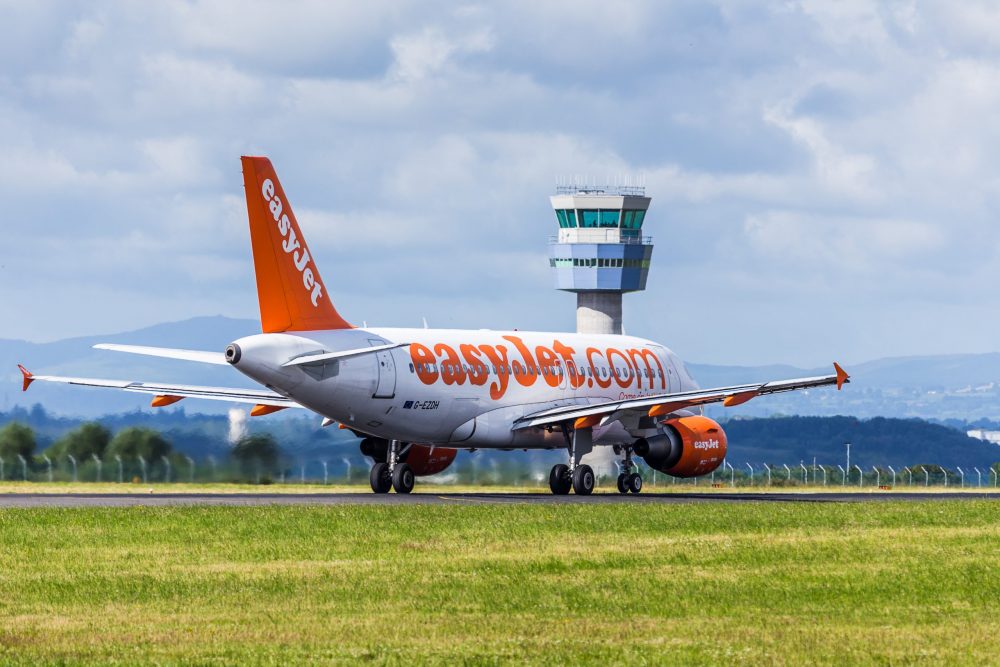
EasyJet which has 25 flight routes to and from Liverpool John Lennon Airport has unveiled a plan to reach net zero carbon emissions by 2050.
EasyJet has unveiled a plan to reach net zero carbon emissions by 2050.
The strategy includes measures such as investing in cleaner aircraft, optimising flight descents to save fuel and hydrogen-powered planes.
It will also involve using sustainable aviation fuel (SAF) and carbon removal technology.
The airline will stop offsetting carbon emissions from the fuel used on all its flights as it transitions to the new plan.
EasyJet chief executive Johan Lundgren said:
“We’re the first airline to outline an ambitious road map in which zero carbon emission technology plays a key role to take us to net zero emissions by 2050 and ultimately to zero carbon emission flying across our entire fleet.
“Decarbonising aviation is a major undertaking for which the whole sector is coming together, but we also require the support from UK and European governments to help us achieve net zero and we have clearly outlined the actions needed from them.
“Now we have our road map we can ensure we are focused on the things that are going to get us to net zero in the years to come, helping to ensure there is a sustainable future for aviation for the benefit of the next generation and our planet.”
EasyJet announced it will invest in new aircraft priced at a total of 21 billion US dollars (£19.5 billion) over the coming years.
Older planes will be replaced with 168 new Airbus NEO models which are at least 15% more fuel efficient and 50% quieter, according to the airline.
The carrier said it will make a multimillion-pound investment in software which will optimise the descents of its planes prior to landing, to boost fuel efficiency.
EasyJet said its partner, manufacturer Rolls-Royce, is making “final preparations” for the first ground tests of a hydrogen-powered jet engine.
This is part of a plan to demonstrate that hydrogen has the potential to be used in a range of aircraft from the mid-2030s onwards.
EasyJet said it will use SAF “as required” until its fleet has been transitioned to zero carbon emission aircraft.
It has signed a contract for its SAF usage over the next five years with Kuwait-based Q8Aviation.
SAF reduces carbon emissions by around 80% compared with traditional jet fuel.
EasyJet has also signed a “letter of intent” with manufacturer Airbus to support the development of carbon removal technology, which captures carbon dioxide directly from the atmosphere and stores it underground.
The carrier began offsetting carbon emissions for all flights in November 2019 but this policy will be dropped for bookings made from January 1.
Mr Lundgren said: “We said all along since the launch in 2019 that this was an interim measure before we can move on.”
He continued: “We’re very keen to make sure that we state our case to consumers about these (new) initiatives.”
EasyJet said the Science Based Targets initiative (SBTi) – which promotes best practice in science-based target setting – does not take the use of out-of-sector carbon offsetting into account.
The airline added that the SBTi has “validated” its previously announced target of “a 35% carbon emissions intensity reduction” by 2035.


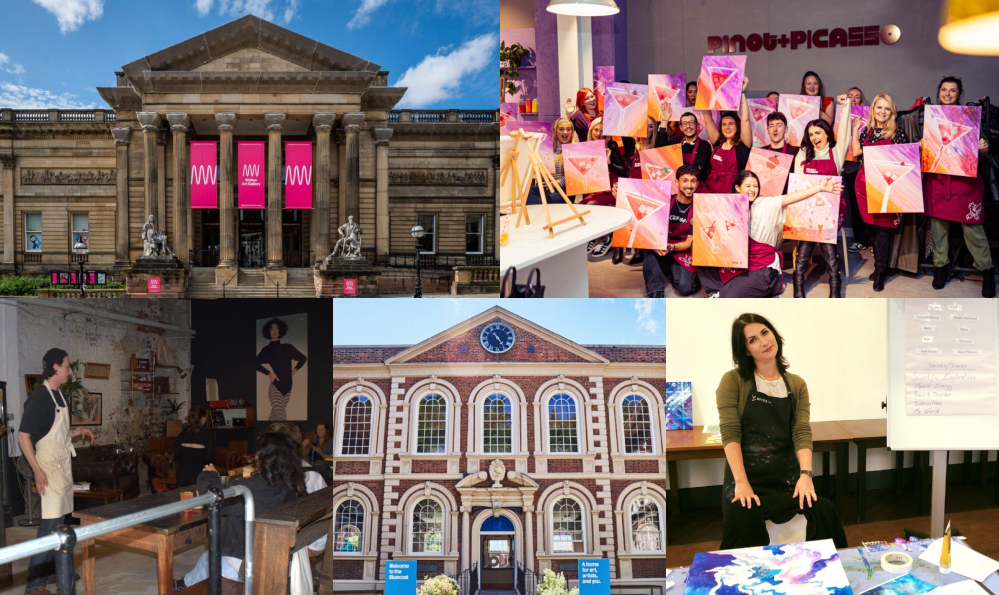

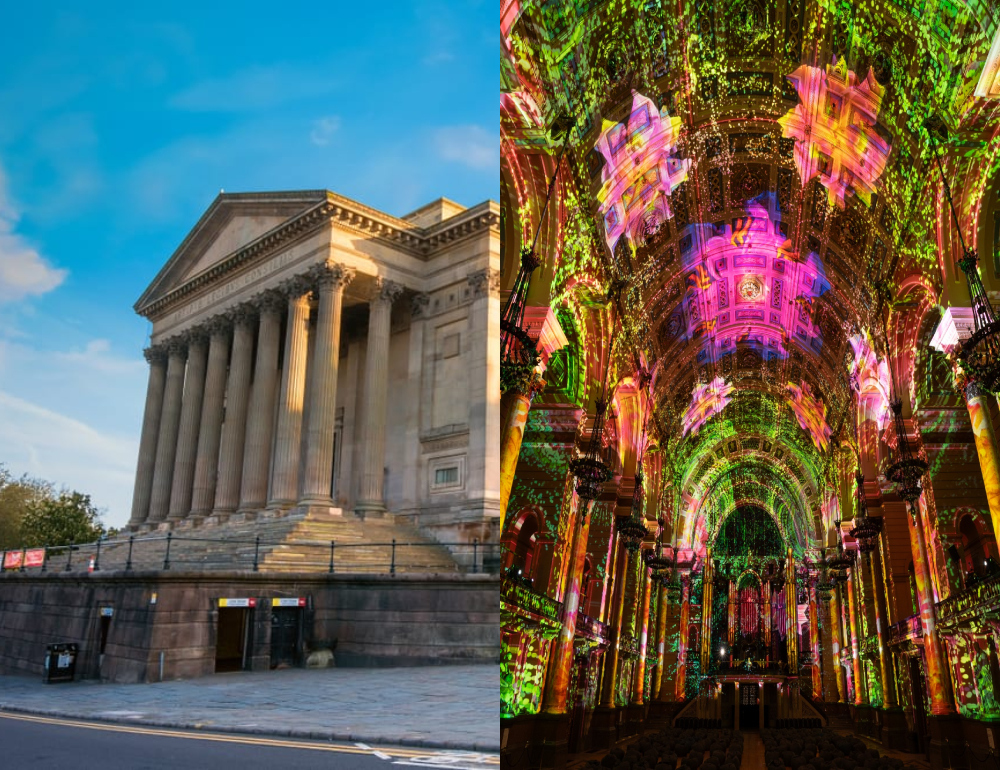

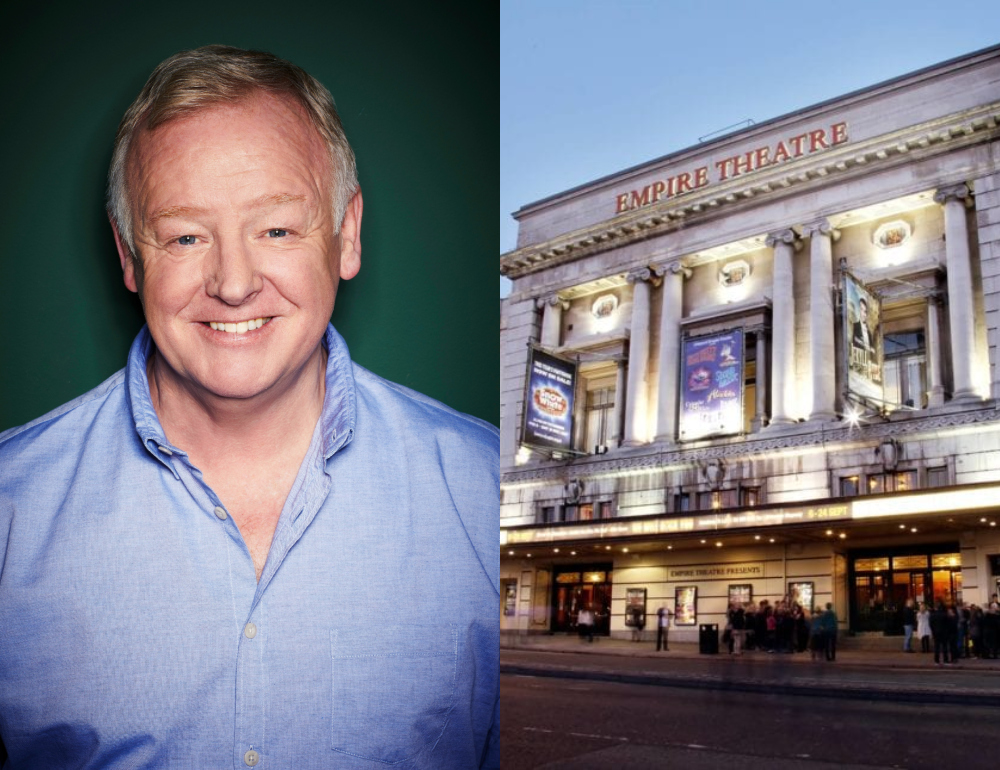
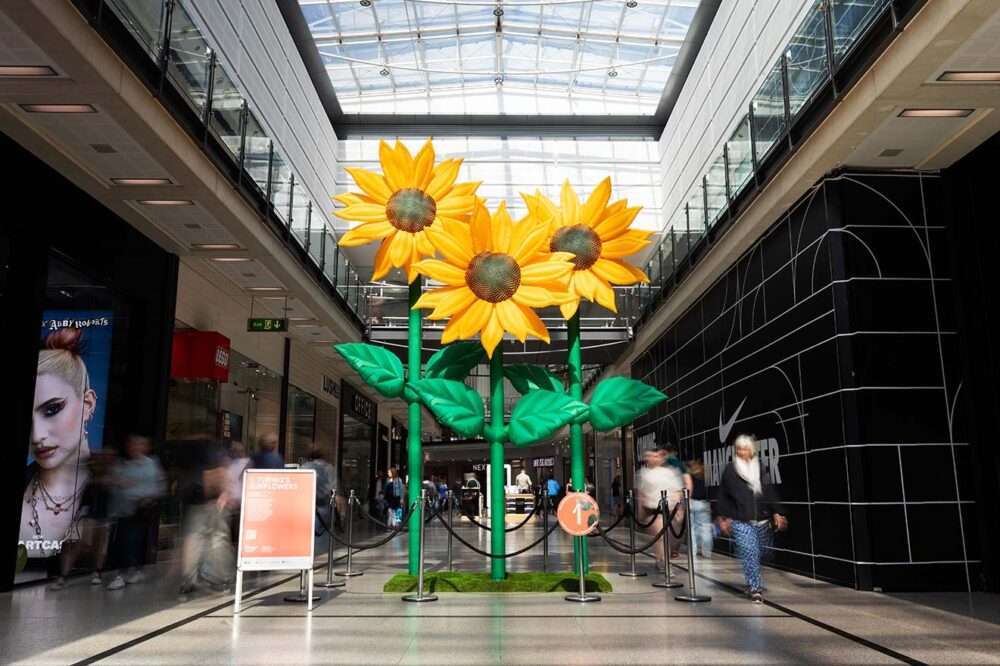
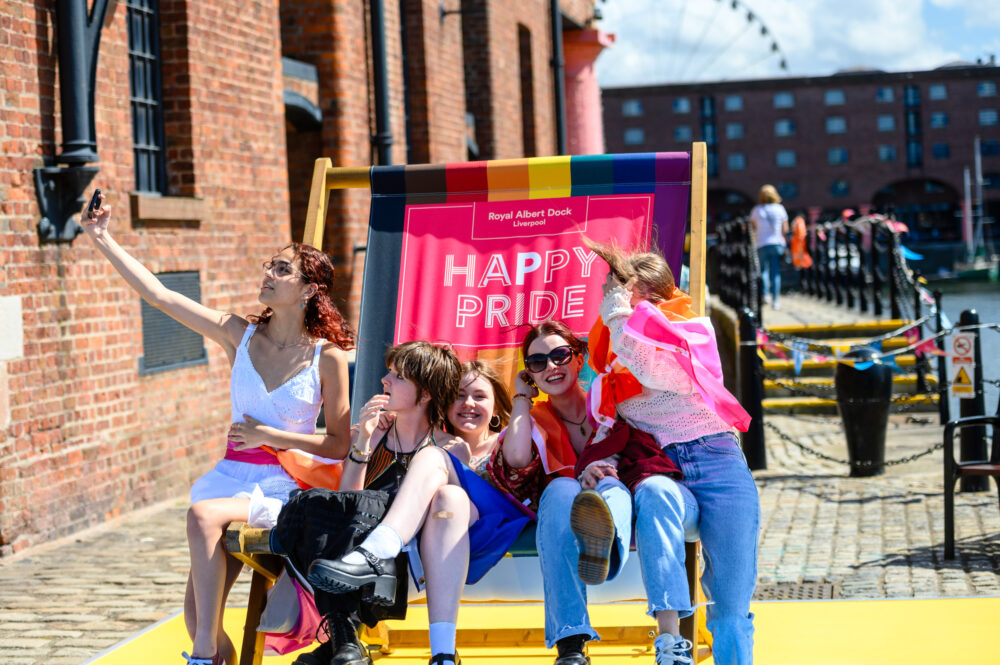
 Subscribe
Subscribe Follow Us
Follow Us Follow Us
Follow Us Follow Us
Follow Us Follow Us
Follow Us Follow Us
Follow Us











